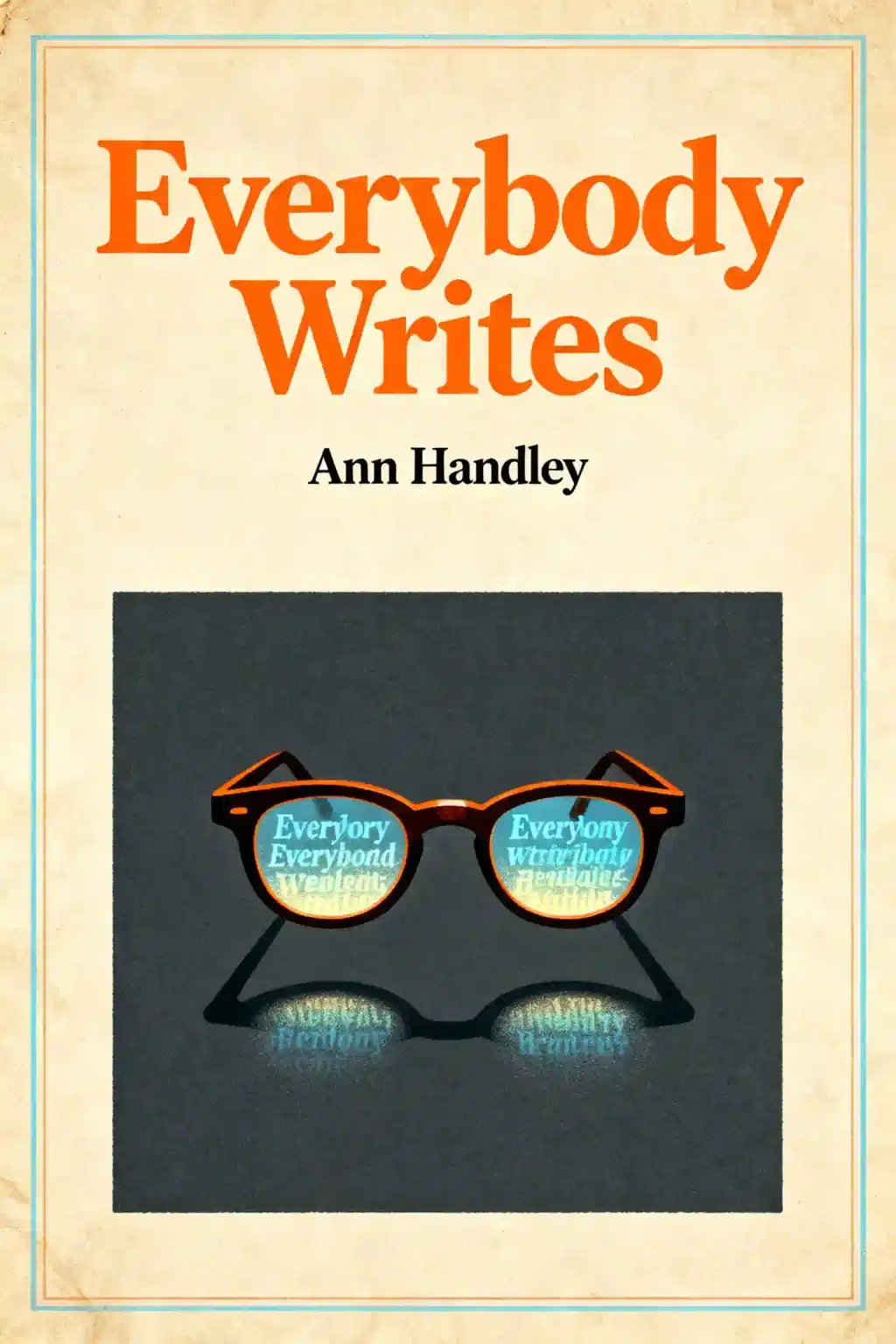What is The Names by Florence Knapp about?
The Names is a debut novel that follows Cora Atkin, a young mother in 1987 England who must decide what to name her newborn son. The book splits into three parallel narratives—Bear, Julian, and Gordon—with each name choice leading to completely different lives for Cora, her son, and daughter Maia over 35 years. Through this innovative structure, Florence Knapp explores the ripple effects of domestic abuse, the power of choice, and the possibilities of healing and autonomy.
Who is Florence Knapp and what is her background?
Florence Knapp is a 48-year-old British author living outside London who previously gained recognition as a heritage craftsperson and quilting expert. Before publishing The Names in 2025, Knapp wrote a non-fiction book about English paper piecing and contributed to the Victoria & Albert Museum's patchwork guide. She spent over 25 years writing fiction privately before her debut novel, which will be translated into more than 20 languages, was published.
Who should read The Names by Florence Knapp?
The Names is ideal for readers who enjoy literary fiction with innovative narrative structures, fans of domestic dramas exploring family dynamics, and anyone interested in stories about surviving trauma and reclaiming autonomy. The book appeals to those who appreciate quiet yet emotionally powerful fiction similar to Claire Keegan or Colm Tóibín, as well as readers curious about how single decisions can reshape entire lives across multiple timelines.
Is The Names by Florence Knapp worth reading?
The Names is widely praised as a remarkably skillful debut that balances emotional depth with literary innovation. Critics highlight its "gut-wrenching power," suspenseful storytelling, and sensitive handling of domestic abuse without sensationalism. The novel's three-timeline structure never feels gimmicky because Florence Knapp fully develops each variation with realistic complications and rewards. Readers seeking both narrative complexity and profound emotional resonance will find The Names delivers on both fronts.
What are the three names in The Names by Florence Knapp?
The three names Cora considers for her son are Bear (suggested by her nine-year-old daughter Maia, representing gentleness and bravery), Julian (meaning "sky father," Cora's preferred choice), and Gordon (the traditional family name demanded by her abusive husband and father-in-law). Each name creates a distinct identity and life path, with Bear representing rebellion and hope, Julian suggesting refinement and independence, and Gordon symbolizing compliance with patriarchal expectations and family trauma.
How does the multiverse structure work in The Names?
The Names uses a "many worlds interpretation" approach where each chapter is labeled with one of the three names—Bear, Julian, or Gordon. Florence Knapp revisits each version of the boy's life at seven-year intervals from 1987 to 2022, creating three complete narratives that run parallel throughout the novel. This structure isn't science fiction but spare, objective realism that explores how one pivotal decision branches into radically different outcomes for Cora, her children, and the surrounding characters.
What themes does The Names by Florence Knapp explore?
The Names explores the devastating ripple effects of domestic violence across generations, the struggle for autonomy within controlling relationships, and the healing power of chosen identity. Florence Knapp examines how maternal guilt, patriarchal expectations, and family trauma shape lives, while also celebrating resilience, found family, and the possibility of recovery. The novel emphasizes that survival after abuse isn't linear—each timeline shows different paths to healing with realistic complications rather than easy resolutions.
How does each name choice affect the story in The Names?
In the Bear timeline, Cora's defiance triggers immediate violence—Gordon attacks her, kills a neighbor who intervenes, and goes to prison, allowing Cora to build a new life. In the Julian timeline, Cora's choice leads to different consequences for her relationships and independence. In the Gordon timeline, Cora's compliance with her husband's demands perpetuates family patterns. Florence Knapp ensures none of these paths are simplistic—each variation includes both complications and moments of grace.
What is Florence Knapp's writing style in The Names?
Florence Knapp employs richly layered yet spare prose with objective realism that avoids melodrama despite the novel's intense subject matter. Her writing balances "glimpses of whimsy, beauty, and love" with a "physical sense of dread," using suspense and surprise to reveal how domestic violence ripples outward. Critics praise her ability to render emotional abuse in "searing brushstrokes large and small" while maintaining focus on survival and healing rather than violence itself.
How does The Names handle domestic abuse and violence?
The Names portrays domestic abuse through emotional coercion, control, and physical violence, but Florence Knapp intentionally focuses on survival, recovery, and healing rather than the violence itself. The novel shows how abusers like Gordon are shaped by their own traumatic upbringings while never excusing their behavior. Knapp depicts realistic responses to abuse—Cora's rebellion, acquiescence, or complicated navigation—acknowledging that women react in "radically different ways" to horrific situations without judgment.
What makes The Names unique as a debut novel?
The Names stands out for its sophisticated three-timeline structure that many critics found hard to believe came from a debut novelist. Florence Knapp's ability to fully develop similar yet distinct characters across parallel narratives, maintain suspense throughout all three storylines, and avoid reducing the multiverse concept to a gimmick demonstrates remarkable craft. The novel's emotional restraint combined with "gut-wrenching power" and its focus on healing over trauma also distinguish it from typical domestic abuse narratives.
Why is The Names by Florence Knapp receiving critical acclaim?
The Names has garnered praise for its "brilliantly imaginative structure," propulsive storytelling, and exceptional sensitivity in handling difficult subjects. Critics highlight Florence Knapp's skillful use of suspense, her refusal to provide easy plotting or guaranteed happy endings, and her ability to create a compelling read that's simultaneously dread-inducing and hopeful. The novel is being compared to modern classics and has been acquired for translation in over 20 languages, signaling significant international interest.














